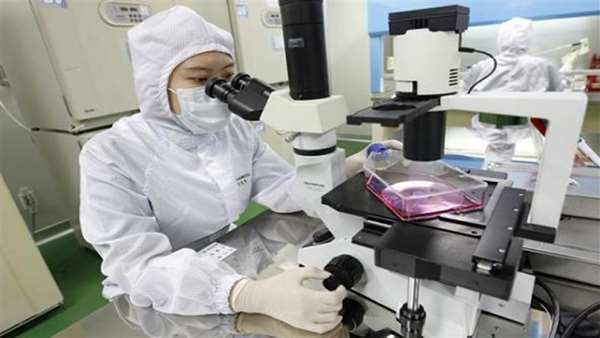First patient dosed in Japanese iPSC Parkinson’s trial
The first patient in a first-in-human trial assessing induced pluripotent stem cells (iPSC)-derived dopaminergic progenitors for Parkinson’s disease (PD) has been treated by researchers at the Center for iPS Cell Research and Application at Kyoto University and Kyoto University Hospital (both Japan).
The first patient in a first-in-human trial assessing induced pluripotent stem cells (iPSC)-derived dopaminergic progenitors for Parkinson’s disease (PD) has been treated by researchers at the Center for iPS Cell Research and Application at Kyoto University and Kyoto University Hospital (both Japan). Around 160,000 people suffer from PD in Japan and this number is expected to rise as their population ages.
“By also cooperating with companies, we want to develop a mass production system that enables us to deliver nerve cells derived from iPS cells to all over the world,” said Jun Takahashi, a professor at the university’s Center for iPS Cell Research and Application who led the research team, at a news conference.
The iPSCs were derived from people with immunity making them less prone to rejection of transplants. The patients receiving the treatment will be followed for two years and will receive immunosuppressing drugs to ensure the news cells are not rejected.
Speaking during an earlier RegMedNet interview, Takahashi explained: “This is the first clinical trial using human iPSCs. So, the primary endpoints are related to safety, especially tumorigenicity. Specifically, we will be observing 1) the incidence and severity of adverse events, and 2) the presence or absence of graft expansion in the brain 24 months after the transplantation.”





ارسال به دوستان